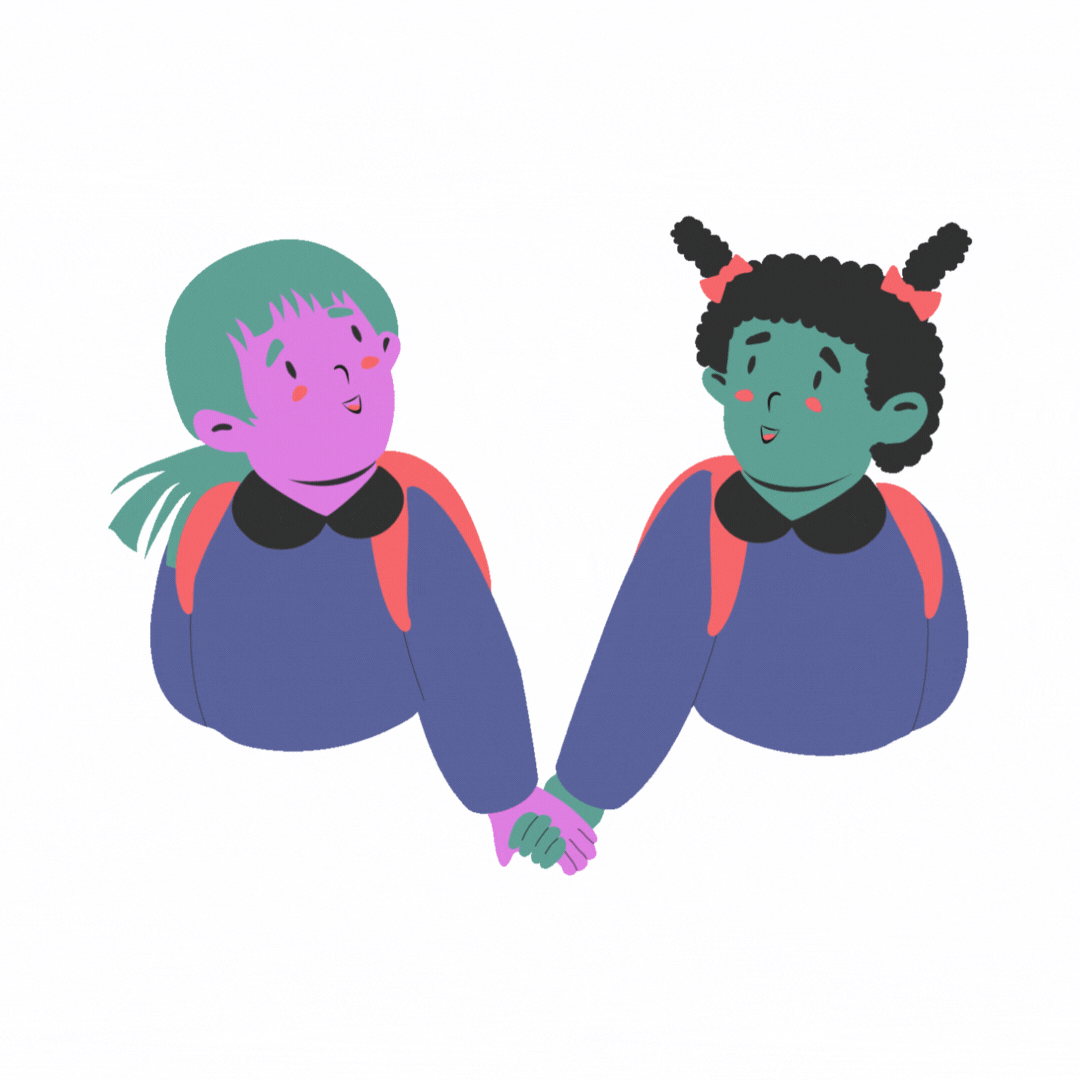Talk With Your Kids Month: no one ever said it was easy…
/October is “Talk with your kids” month, and we encourage you to consider the wide number of intersecting topics that affect our understanding of human sexuality, and how we communicate these complexities to our children.
In order to be comprehensive, sex education needs to cover many, many subjects, but we can’t do it all at once. And it’s okay to focus on one thing at a time. A focus is not an exclusion. Just because we might be thinking and learning about Intersex Awareness issues on Oct 26, for example, doesn’t mean we can’t make connections between intersex identities and what we know, or want to learn, about mental health, or periods, or vasectomies, or AIDS, or menopause.
read on for a list of awareness days in the month of October that could inspire a conversation:


















